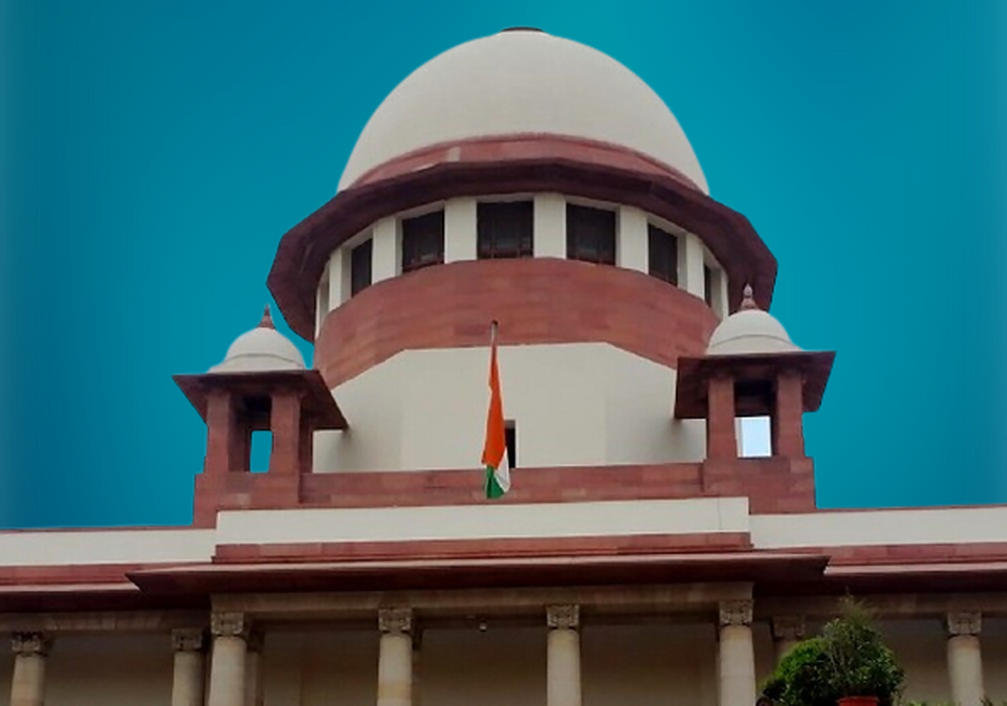Compensation cant be determined at stage of grant of bail, but only after trial concludes and verdict is pronounced: Supreme Court

Read Order: Dharmesh Ratadia & Anr. vs State of Gujarat
Pankaj Bajpai
New Delhi, July 13, 2021: While granting bail in a murder case, the Supreme Court has set aside the conditional deposit of Rs two lakh each towards compensation to the legal heirs of the victims before the trial court and the consequential orders for disbursement.
Observing that although monetary condition can be imposed for grant of bail as there are cases of offences against property or otherwise, a Division Bench of Justice Sanjay Kishan Kaul and Justice Hemant Gupta clarified that compensation cannot be deposited and disbursed as if that grant has to take place as a condition for the person being enlarged on bail.
The Bench, therefore, said the direction contained in the order for deposit of compensation of Rs two lakh for the legal heirs of the deceased naturally cannot be sustained and has to be logically set aside.
The Apex Court also observed that compensation as provided under the Code of Criminal Procedure is a methodology for redemption and the same cannot be determined at the stage of grant of bail, but only after the trial concludes and the verdict is pronounced.
“In cases of offences against body, compensation to the victim should be a methodology for redemption. Similarly, to prevent unnecessary harassment, compensation has been provided where meaningless criminal proceedings had been started. Such a compensation can hardly be determined at the stage of grant of bail,” said the Apex Court.
As per the background of the case, the appellants who were accused in a murder case, had applied for bail when the High Court had asked for deposit of compensation towards the victims as a condition for grant of bail. It was therefore contended that the High Court had imposed this conditional bail in view of the “amended provisions” relating to victim compensation in CrPC without referring to any specific provision.
The counsel for the appellants submitted that there cannot be a sentence without a full-fledged trial and, thus, there cannot be any such compensation.
The Supreme Court agreed with the contentions of the appellants and proceeded to set aside the condition mandated by the High Court. The Top Court, however, added an additional condition that the appellants will not enter the geographical limits of Amreli, where the crime had been committed, for a period of six months, except for marking presence before the concerned police station and to attend the court proceedings.
Sign up for our weekly newsletter to stay up to date on our product, events featured blog, special offer and all of the exciting things that take place here at Legitquest.




Add a Comment